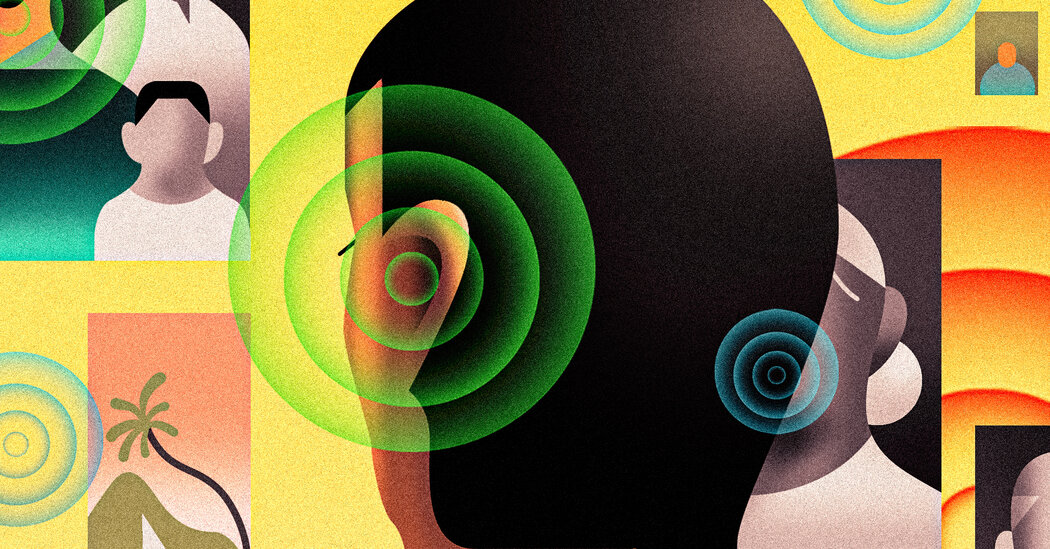
My father sent the recordings by email. He gave me no heads-up — a Dropbox folder of MP3s arrived in my inbox without explanation, and I mostly wondered who taught him how to use cloud storage. I opened “Nguyen Family Oral History” and discovered audio files neatly labeled with the names of my uncles and aunt. My dad had interviewed his siblings — who are all now in their 50s and 60s — about their life in Vietnam, and what it was like to flee the country when they were children.
He started the project around the time his mother, Bà Nội, became sick. She had written down her story by hand in Vietnamese, then my father typed it up in English and emailed it to the rest of the family, attached as “MyStory.pdf.” It was a detailed but restrained account of her life — losing her mother as a teenager, surviving the bubonic plague, living through the fall of French colonialism, the American war and the rise of Communism — an incredible saga, chronicled with the unsentimental distance of a Wikipedia entry.
After she passed, my father felt an urge to preserve more of our family’s history. Because he left Vietnam before his siblings did, he knew only the rough sketches of their journeys to the United States. My family is not big on heirlooms, as anything material that could have been passed down was abandoned when they fled 50 years ago, but at least my father could keep an archive of our stories. There had been very few reasons to revisit these memories. This project, he thought, could give him one.
My family tended to recount its history only in broad strokes. Everyone left Vietnam after the fall of Saigon, in April 1975, except my father, who acquired a visa to the United States for a college education in 1974. (“The University of Chicago,” he’ll tell anyone who asks.) The rest of the family’s voyage was more arduous, though I had only heard about their stories secondhand.
To my father’s surprise, the experience of interviewing his brothers and sister opened up a new kind of conversation. In the recordings, formality made space for his siblings to tell their stories in detail, from beginning to end. For the first time I heard them tell their stories in the first person: My grandmother, aunt and youngest uncle set out on a boat the size of a twin bed and were picked up by a U.S. Navy vessel, only to end up at a refugee camp in Indonesia for an entire year before arriving in America; another uncle had to fake documentation claiming he was a Chinese boy, which allowed him to board a boat that was later attacked by Malaysian pirates.
I was impressed that my father put this project together with such care, resurfacing stories my family had long repressed. I was also dumbfounded that he somehow had zero follow-up questions when my uncle said he was “attacked by Malaysian pirates.” The interviews are filled with moments like this, when my father deliberately turns away from a difficult or emotional revelation. He has other limits as an interviewer too: His line of questioning often confuses the chronology of the story; the sound of his phone ringing in the background intrudes; and any time an aunt or uncle gets emotional, my father simply moves on to the next question.
